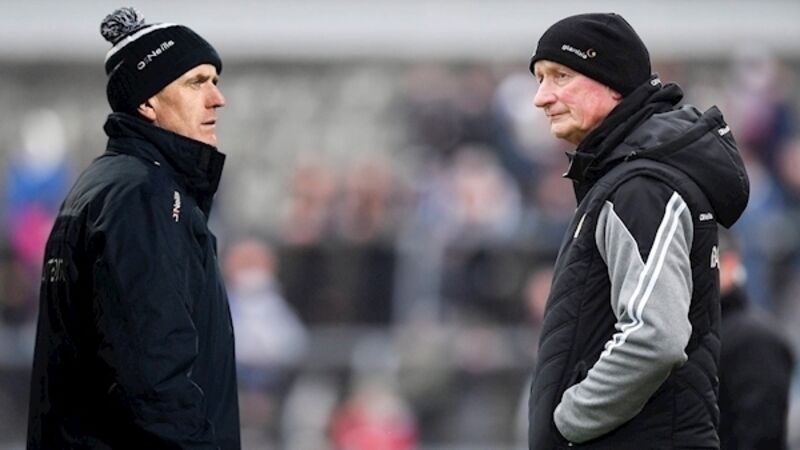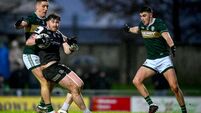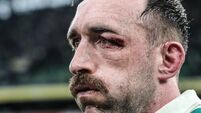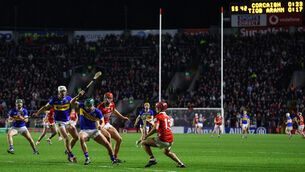Is John Kiely becoming the new Brian Cody?

There was once a teacher who became an inter-county manager. Being a teacher he was a practical sort. His coaches would do the coaching. He would organise, facilitate, motivate and be the boss.
His first season in the job finished in bitter disappointment. His second season in the job finished in All-Ireland glory. A long wait was brought to a joyous halt. A county rejoiced.











